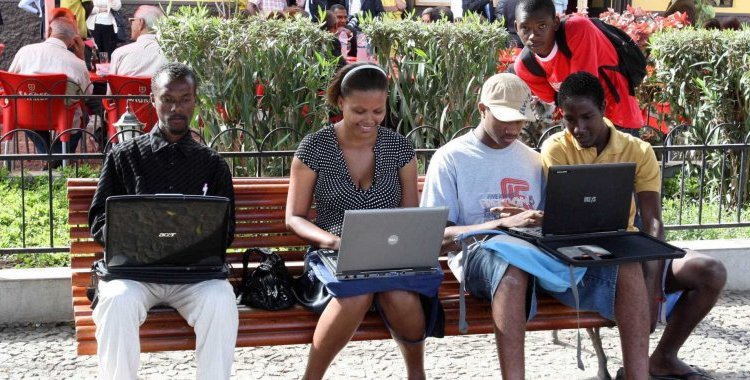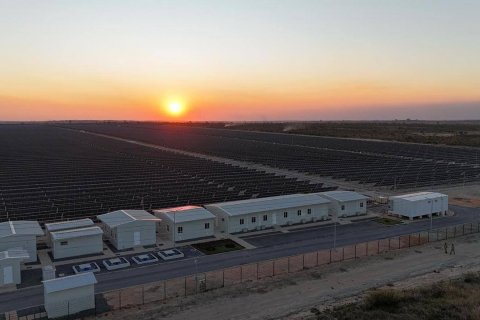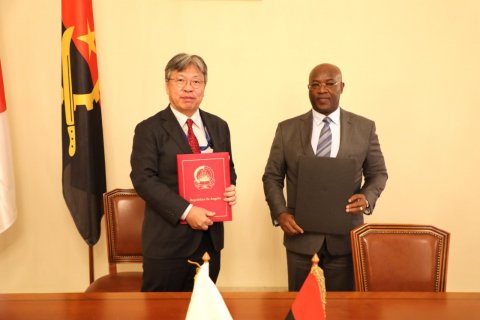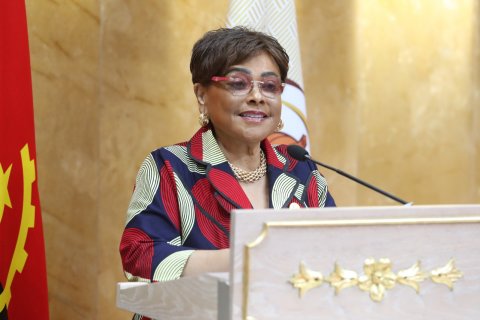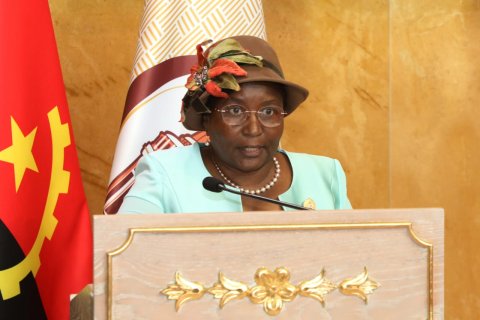"The country will lose a lot with this new law," said Euclides Manuel, from the Bitcoin Angola community, which has 29,000 members and has been active for around seven years.
Last week, parliament approved the proposed law on Mining Cryptocurrencies and Other Virtual Assets, with 104 votes in favor, two against and 71 abstentions.
"We have maintained contacts with some entities to expand the use of 'crypto', we have made some contributions, what we were waiting for was for the law to be subject to public consultation", said Euclides Manuel, stressing that, instead of prohibiting, others countries have moved towards regulation, as they identify advantages linked to the activity.
Furthermore, he highlighted, it will be very difficult to prevent the mining and use of cryptocurrencies as they are "decentralized activities".
He agreed, however, that mining, which requires large amounts of energy to produce 'bitcoins', should be regulated.
According to Euclides Manuel, it is foreign citizens (Brazilians, Chinese, Vietnamese and Israelis) who dedicate themselves to this activity in Angola, because energy is cheap.
Many miners are only discovered because they overload the network or because the noise from the machines bothers the population.
"The Government could create a law, with specific contracts, for both natural and legal persons, that allows the fair price to be charged", he suggested.
The bitcoin manager highlighted that, in addition to the additional revenue, by licensing the activity, the Angolan State would also benefit from the collection of customs fees, as the mining machines are imported from China.
Another advantage would be the promotion of technological innovation and the use of excess energy produced for mining, allowing the diversification of the economy.
He gave Namibia as an example, where the activity was legalized, highlighting that much of the mining that takes place in that country uses energy produced in Angola.
Another example is Nigeria, where the local population has used cryptocurrencies as a refuge to escape inflation, as have Angolan users – mainly men, employees, between 18 and 35 years old – who also use digital currency to send remittances to the abroad, with less cost and greater speed.
Deputies were divided in parliament regarding the prohibition of this activity.
In her declaration of vote, deputy Florbela Malaquias, from PHA, highlighted that illegalizing the activity and seizing the equipment was equivalent to excluding the country from the artificial intelligence market and a significant portion of the growing world economy and limiting the possibility of scientific research in this area.
From the UNITA parliamentary group, deputy Albertina Ngolo, said that the abstention was due to the fact that they understood that legislating on the matter is a "complex challenge" due to the decentralized and global nature of these technologies and defended a clear understanding of the technologies behind of cryptocurrencies, to ensure that laws are effective and do not harm technological innovation.
João Pilamosi Domingos, from the MPLA, whose parliamentary group voted in favor of the ban, considered "of utmost importance the guarantee of monetary and fiscal sovereignty, as well as the function of the Angolan central bank as the only legal authority for the issuance of notes and metallic coins in formats physical and digital, with no other entity competing for this task".
The proposed law approved on February 28 prohibits the exercise of cryptocurrency mining activities throughout the national territory and the professional services associated with them, as well as limiting the circulation of virtual currencies not issued by central banks.

